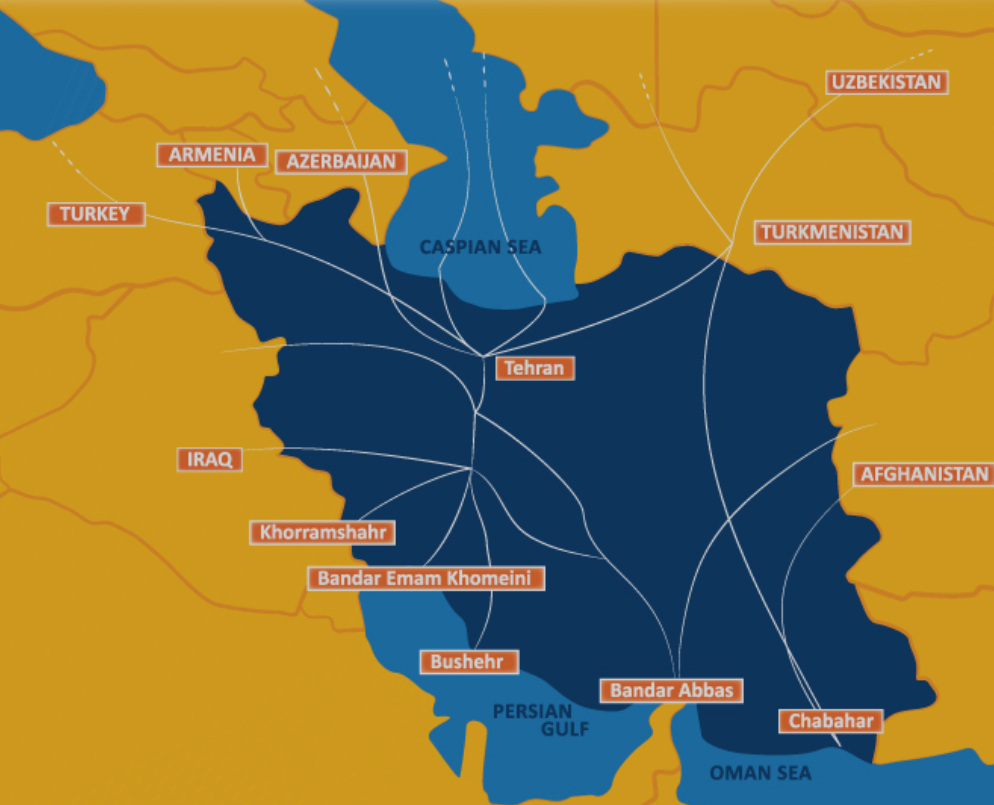There are many companies evade to do business with high – sanction risk jurisdictions/countries based on their risk appetite. Does this managerial decision keep the companies in a safe harbor from all sanction risks related with the omitted country? It is a common mistake to not to care about the related sanctions for the omitted countries and any related updates in sanction regimes.
A remarkable example for Iran Sanctions:

The guidance of IRANIAN TRANSACTIONS AND SANCTIONS REGULATIONS (ITSR) CFR 560.306 the definition of Iranian-origin goods or services; goods or services owned or controlled by the Government of Iran is meaningful to understand the sanction risk as well.
The definition of Iranian-origin goods & services are listed as below (there are some limited exemptions.)
“(1) Goods grown, produced, manufactured, extracted, or processed in Iran; and
(2) Goods that have entered into Iranian commerce.
(b) The terms goods of Iranian origin and Iranian-origin goods do not include the following categories of goods, provided that such goods were not grown, produced, manufactured, extracted, or processed in Iran:
(1) Goods exported or reexported to Iran under an authorization issued pursuant to this part and that have subsequently been reexported from and are located outside of Iran; or
(2) Goods transported on a vessel or aircraft, as well as the vessel or aircraft itself, that passed though Iranian territorial waters or stopped at a port or place in Iran en route to a destination outside of Iran and that have not otherwise come into contact with Iran.“
It could be understood as the goods and services produced in Iran when someone mentioned “Iranian origin goods / services”. On the other hand the related sanctions made a definition wider than the basic understanding. Briefly due to CFR 560.306 additional to the goods produced in Iran; the goods which pass through Iranian territories are accepted as “Iranian origin good” .
Lets have a look to the related FAQ 487 for a detailed definition:
“487. Are goods that are unloaded from a ship in an Iranian port, put on a truck, and driven out of the boundaries of the port or place of unloading considered to be Iranian-origin goods?
Yes. These goods have otherwise come in contact with Iran and thus do not fall within the carve-out to the definition of Iranian-origin goods or goods of Iranian-origin at section 560.306 (b)(2) of the ITSR . However, if these goods are being exported or reexported to Iran under an authorization issued pursuant to the ITSR and they subsequently are reexported from and are located outside of Iran, they would fall within the carve-out to the definition of Iranian-origin goods or goods of Iranian-origin at section 560.306(b)(1) of the ITSR. 12/22/2016“
An entity, that have to use the Iran jurisdiction due to the geographical conditions during its imports or exports must also consider about the above mentioned sanction risk for Iran. Although the transaction itself not related with Iran, neither seller nor the buyer are an Iranian person, still the transaction carry a sanction risk in terms of US sanctions against Iran. Plus to the customer / supplier/ third party checks, it is wise to make a sanction risk analyse due to the geographical condition of the transactions as well.
The guidance of the related terms and definitions is essential to implement a clear sanction compliance process, though they could be related with the jurisdictions that you may think their sanction risk is far away from you.
Abdurrahman ÖZBEK, CGSS